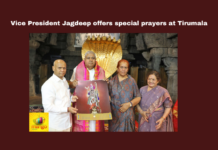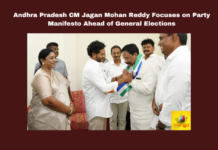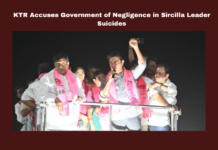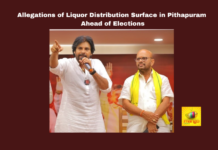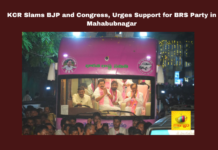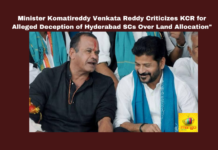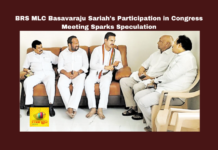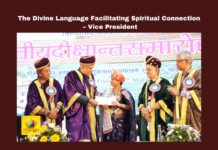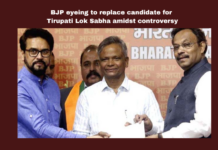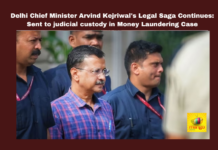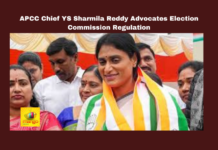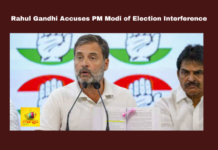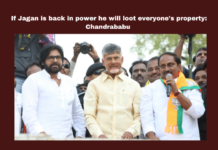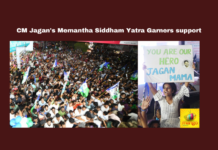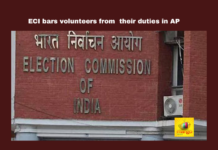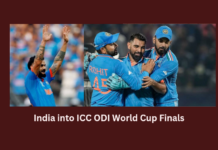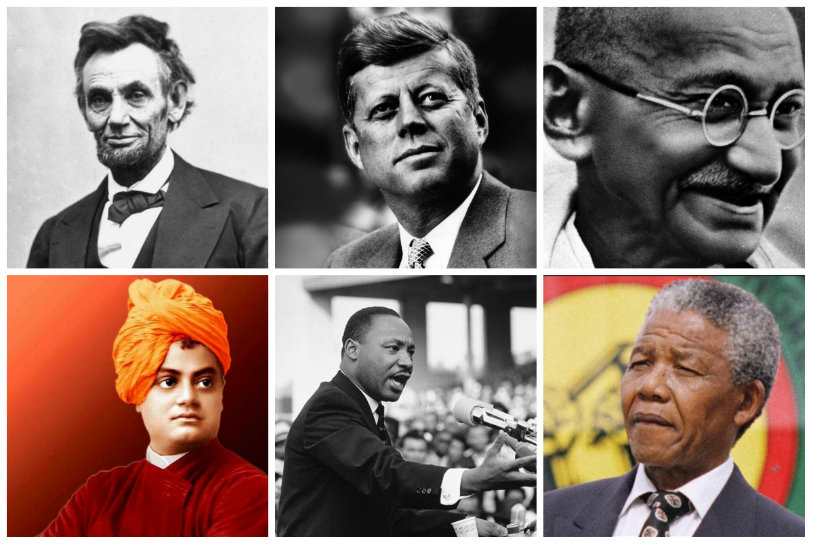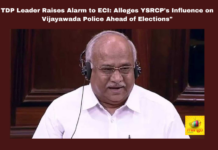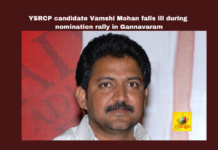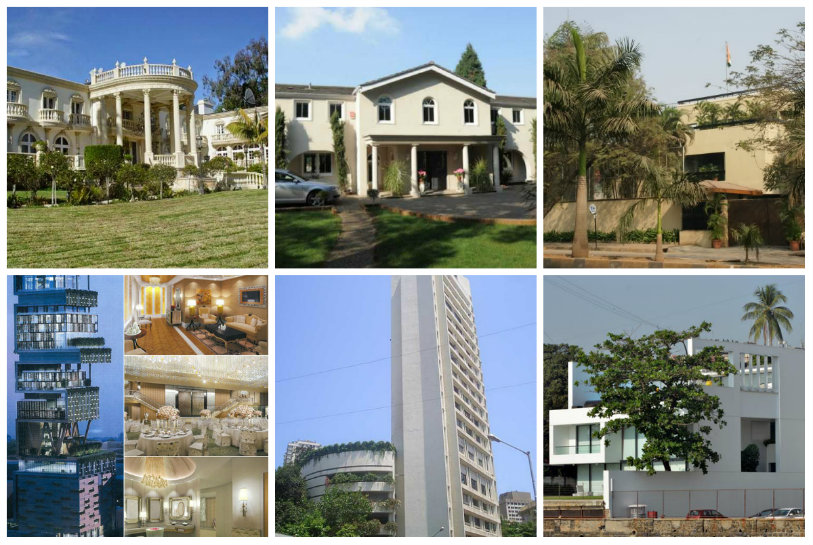Powerful Speeches That Changed The World : Words can sway people to great extents and some people have managed to use their skills in oratory to bring about change. The world has seen a great number of speeches some that gave inspiration to people and some that revolutionized countries.
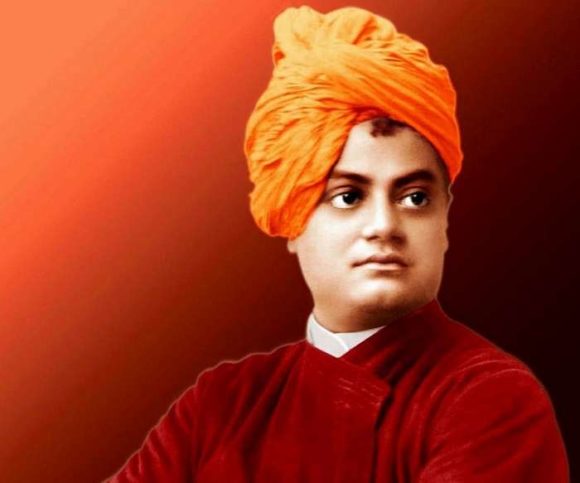

8. Swamy Vivekananda
Swami Vivekananda delivered a strong speech on the 11th of September 1893 in the Parliament of the World’s Religions in Chicago. The Hindu Monk started his speech with “Sisters and brothers of America” that resulted in the crowd of seven thousand people giving him a two minute long standing ovation. His speech inspired the crowd to great extents as he addressed each and every person without a hint of gender or racial bias. A news paper that reported on the speech said, “Vivekananda is undoubtedly the greatest figure in the Parliament of Religions. After hearing him we feel how foolish it is to send missionaries to this learned nation.”
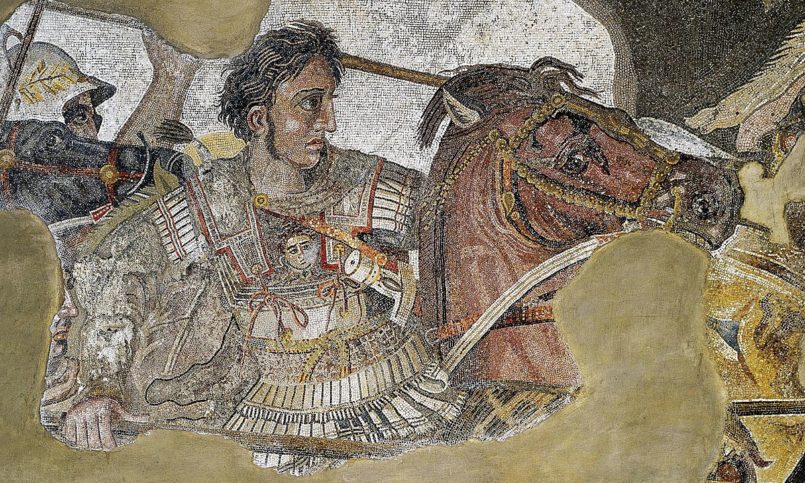

7. Alexander the Great
One of the great conquerors that lived, Alexander the Great was also a man of words. In 335 B.C. he had control over Greece, Egypt and the Persian empire. The Great Conqueror wanted to expand his territory even more and decided to continue his conquest in to India. His army was loyal but, it had been fighting for 10 years and they had lost the will to fight. Alexander, being a student of Aristotle used his talent of oration and delivered a note worthy speech to his men.
His speech questioned his soldiers and their lack of willingness to fight, “With all that accomplished, why do you hesitate to extend the power of Macedonia–your power–to the Hyphasis and the tribes on the other side? Are you afraid that a few natives who may still be left will offer opposition?”
He ended his speech with, “I will make those who stay the envy of those who return.”
Although Alexander lost the war in India his speech ignited a fire in the hearts of his soldiers to fight for their lives.
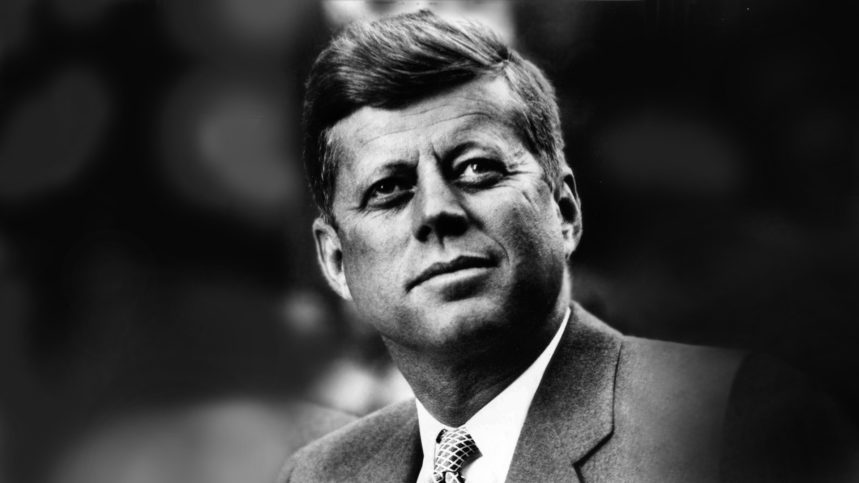

6. Inaugural address by John F Kennedy
Among the 45 presidents of America, the inaugural address made by John F. Kennedy is unlike any other. John F. Kennedy was inaugurated as the 35th president of the nation and as he delivered his speech he succeeded in delivering hope to his fellow citizens.
Kennedy awoke the spirit in every American citizen listening to him as he said, “The world is very different now. For man holds in his mortal hands the power to abolish all forms of human poverty and all forms of human life. And yet the same revolutionary beliefs for which our forebears fought for are still at issue around the globe. The belief that the rights of man come not from generosity, but of the state, but from the hand of God.”
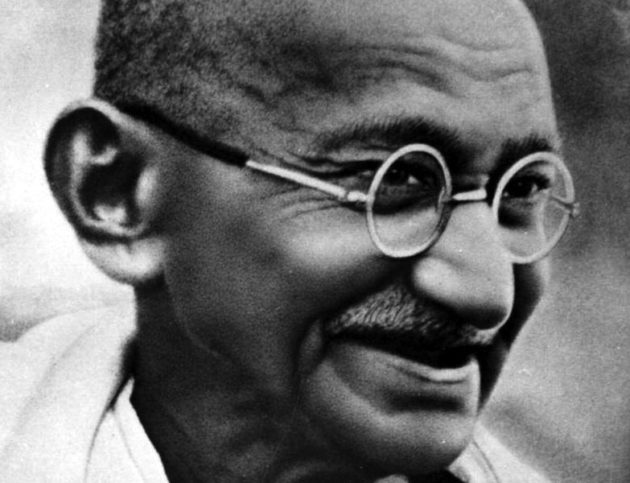

5. Quit India by Mahatma Gandhi
Mahatma Gandhi is known as the Father of India for his pioneering work in gaining India independence. He always spoke of non violence and promoted peace, unlike any other freedom fighter the world has seen. In the month of August in 1942, Gandhi gave his revolutionary speech “Quit India” that inspired Indians to fight for freedom.
“I know the British Government will not be able to withhold freedom from us when we have made enough self sacrifice. We must, therefore, purge ourselves of hatred. Speaking for myself, I can say that I have never felt any hatred. As a matter of fact, I feel myself to be a greater friend of the British now than ever before. One reason is that they are today in distress. My very friendship, therefore, demands that I should try to save them from their mistakes. As I view the situation, they are on the brink of an abyss. It, therefore, becomes my duty to warn them of their danger even though it may, for the time being, anger them to the point of cutting off the friendly hand that is stretched out to help them. People may laugh, nevertheless, that is my claim. At a time when I may have to launch the biggest struggle of my life, I may not harbor hatred against anybody.”
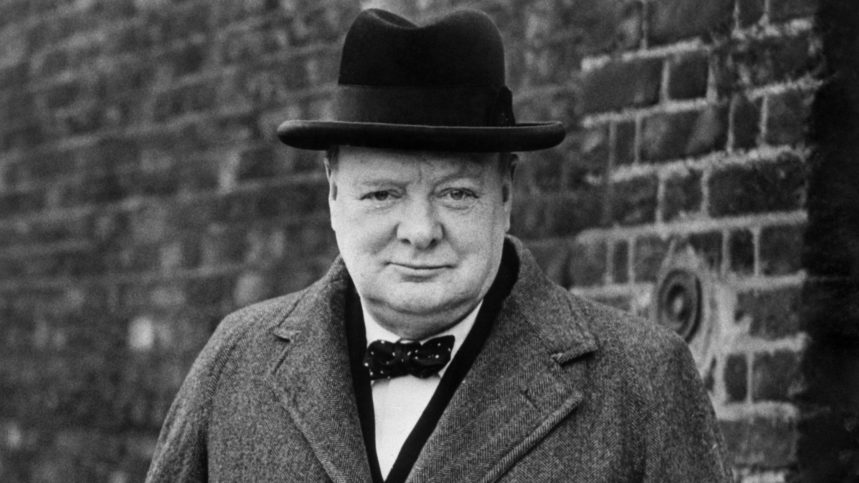

4. We shall fight on the beaches by Whinston Churchill
On June 4th, 1940 at the House of Commons in London, the greatest orator of the 20th century, Winston Churchill delivered, “We shall fight on the Beaches.” Although, Churchill was born with a speech impediment that didn’t stop him from spreading his message. Churchill’s strong and reassuring voice widened the eyes of the people listening as he said, “We shall go on to the end. We shall fight in France, we shall fight on the seas and oceans, we shall fight with growing confidence and growing strength in the air, we shall defend our island, whatever the cost may be. We shall fight on the beaches, we shall fight on the landing grounds, we shall fight in the fields and in the streets, we shall fight in the hills; we shall never surrender.”
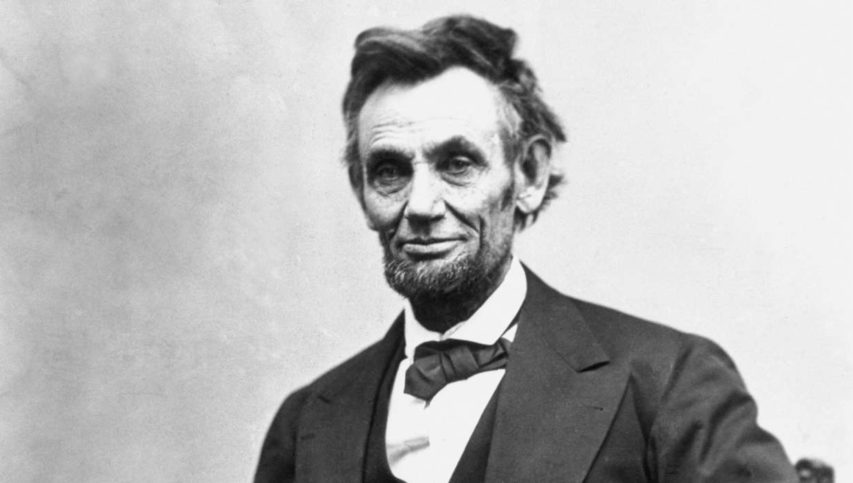

3. The Gettysburg Address by Abraham Lincoln
On 19th November 1863, one of the greatest American presidents Abraham Lincoln addressed Gettysburg in Pennsylvania. Till date, this speech is on the list of the best speeches in the history of American rhetoric. The Battle of Gettysburg claimed the lives of 8,000 soldiers who were buried in shallow graves. A cemetery was being built and Abraham Lincoln was asked to deliver a small speech at the inauguration. Lincoln penned his words down on the back of an envelope while traveling by train. His powerful words raised inspiration not just for the people listening but to the following generations as well.
“The brave men, living and dead, who struggled here, have hallowed it, far above our poor power to add or detract. The world will little note, nor long remember what we say here; while it can never forget what they did here.
It is rather for us the living, we here be dedicated to the great task remaining before us—that from these honored dead we take increased devotion to that cause for which they here gave the last full measure of devotion—that we here highly resolve that these dead shall not have died in vain, that this nation, under God, shall have a new birth of freedom, and that government of the people, by the people, for the people shall not perish from the earth.”
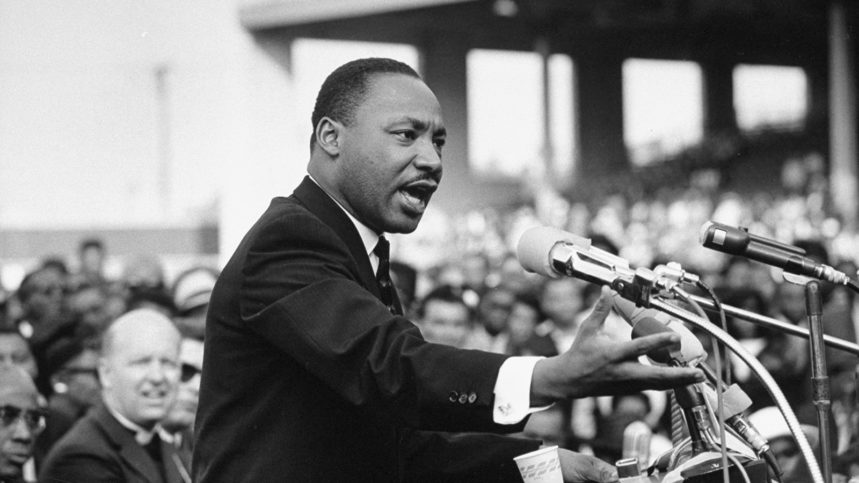

2. I have a dream by Martin Luther King
Martin Luther King had a dream and his speech on 28th August 1963 lit a fire for the dream he envisioned. Martin Luther King orated the importance of equality and the harms of racial discrimination. His speech is read and appreciated by millions all over the world. His words are read and each meaning was brought to life.
“And when this happens, and when we allow freedom ring, when we let it ring from every village and every hamlet, from every state and every city, we will be able to speed up that day when all of God’s children, black men and white men, Jews and Gentiles, Protestants and Catholics, will be able to join hands and sing in the words of the old Negro spiritual:
Free at last! Free at last!
Thank God Almighty, we are free at last!”
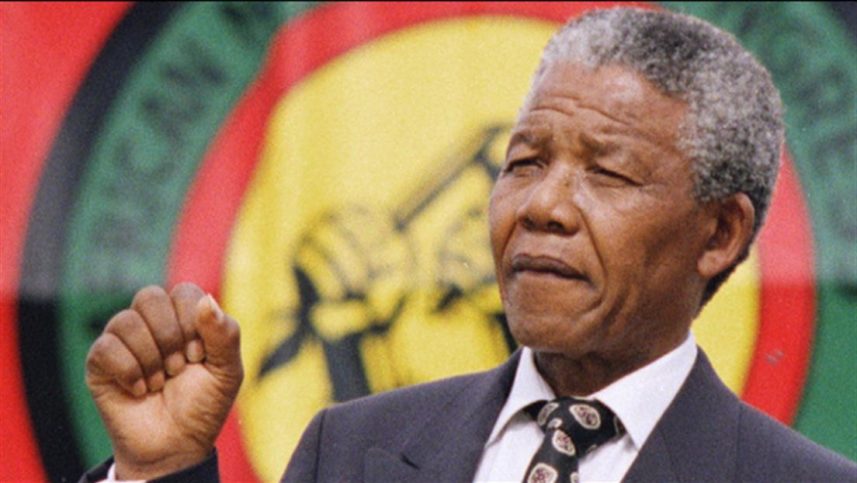

1. Nelson Mandela’s Speech at the Rivonia Trial
The speech that defined Nelson Mandela was made in 1964 as he stood at the Rivonia Trail. Mandela the head of African National Congress (ANC) and eleven members were arrested for treason and sabotage. The South African government had imposed racially biased rules on the black Africans that the ANC fought against leading to their arrest. At the trial, when it came to Mandela to testify for himself he instead decided to deliver a thoughtful speech. His speech strongly condemned apartheid that left the court spellbound for hours. His speech did not help his case and he was still convicted. But the speech struck a chord in the hearts of the people and stirred unrest among the South African people.
“During my lifetime I have dedicated myself to this struggle of the African people. I have fought against white domination, and I have fought against black domination. I have cherished the ideal of a democratic and free society in which all persons live together in harmony and with equal opportunities. It is an ideal which I hope to live for and to achieve. But if needs be, it is an ideal for which I am prepared to die.”

